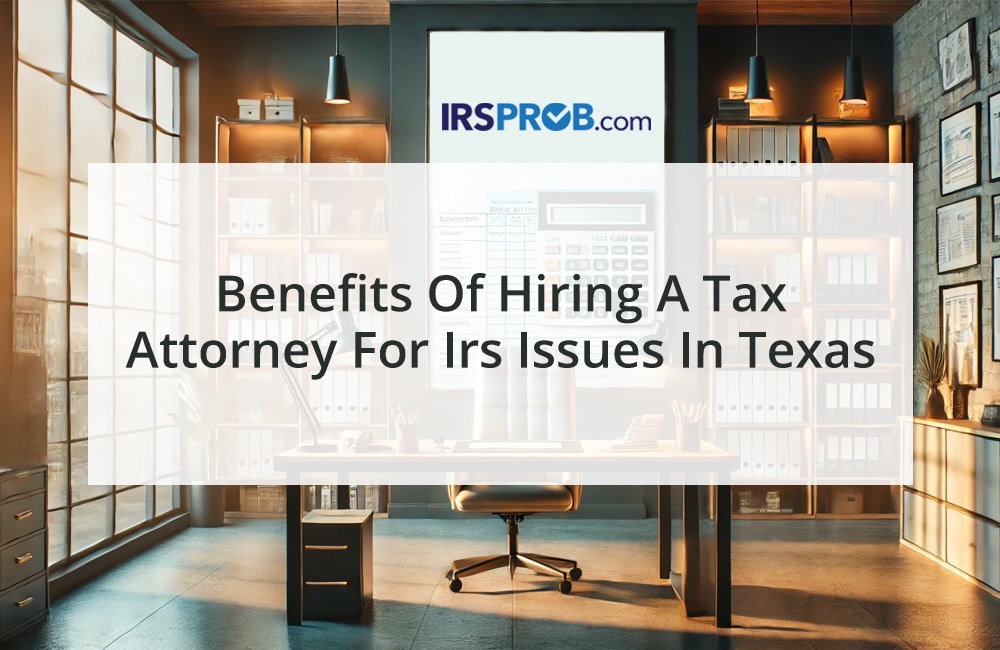[vc_row][vc_column][vc_column_text]
You pay the NIIT only if your modified adjusted gross income exceeds $200,000 if you’re single, or $250,000 if you’re married filing jointly, and you have net investment income.
Net investment income consists of net rental income; income from investments, including interest, dividends, and annuities; income from any business in which you don’t materially participate, including real estate limited partnerships and other real estate investment businesses; and net capital gains earned on the sale of property that is not part of an active business, including rental property, stocks and bonds, and mutual funds.
Net investment income does not include income from a business in which you materially participate (including income from the sale of property held in such a business); self-employment income subject to self-employment tax;
wages from employment; tax-exempt income, such as income from tax-exempt bonds; distributions from qualified retirement plans, such as traditional or Roth IRAs, 401(k)s, or payouts from traditional defined-benefit pension plans; or life insurance proceeds, veterans’ benefits, Social Security benefits, alimony, or unemployment benefits.
You must pay the 3.8 percent NIIT on the lesser of your net investment income, or the amount your MAGI exceeds the applicable $200,000/$250,000 threshold.
The often-overlooked NIIT is a 3.8 percent tax on taxpayers with an AGI over $200,000 if single, or $250,000 if married filing jointly. The tax is paid on the lesser of net investment income or the amount AGI exceeds the threshold.
Net investment income includes income from real estate rentals, but not from rental businesses in which you materially participate.
Tax-law-defined real estate professionals are exempt from the NIIT so long as their rental activity qualifies as a business activity.
Short-term rentals reported on Schedule C of your Form 1040 trigger the self-employment tax but are exempt from the NIIT if you materially participate in the rentals.
Short-term rentals reported on Schedule E can qualify as businesses, and if so, they escape the NIIT if you materially participate.
Self-rentals of your rental property to a business you own and in which you materially participate are exempt from the NIIT.[/vc_column_text][us_image image=”2837″][/vc_column][/vc_row]







